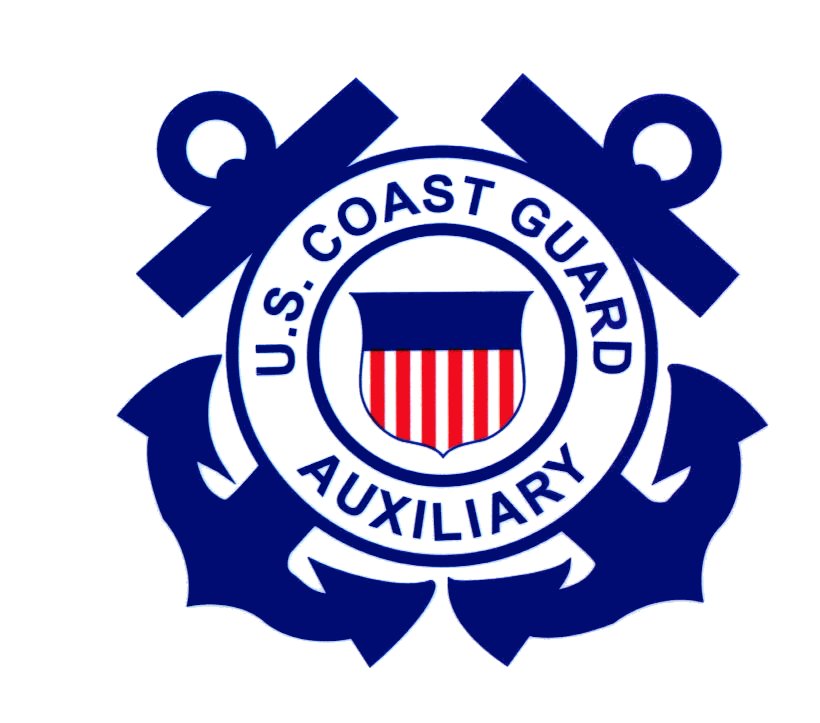About Boating Safely

The “About Boating Safely” course is presented by members of Coast Guard Auxiliary Flotilla 25-08 who have years of sailing and powerboat experience.
VA, MD, DC and most states require boater education before operating a boat under power.
See Mayor Silberberg's Proclamation of Safe Boating Week!
This beginner boating class will give you the knowledge needed to meet the boat license or safety certification requirements in all states. Many boat insurance companies will offer discounts on boating insurance to boaters who successfully complete About Boating Safely.
The instructors include river, bay and ocean boaters with decades of boating experience.
Students receive a textbook, laminated wallet card, certificate, and a number of safety related Coast Guard reference materials….and shared experiences.
Fee: $40.00 ($60.00 for two, or $80 for three sharing the text)
Topics Include:
- Introduction to Boating – Types of power boats; sailboats; outboards; paddle boats; houseboats; different uses of boats; various power boating engines; jet drives; family boating basics.
- Boating Law – Boat registration; boating regulation; hull identification number; required boat safety equipment; operating safely and reporting accidents; protecting the marine environment; Federal boat law; state boating laws; personal watercraft requirements.
- Boat Safety Equipment – Personal flotation devices ("life jackets"); fire extinguishers; sound-producing devices; visual-distress signals; dock lines and rope; first aid kit; anchors and anchor lines; other boating safety equipment.
- Safe Boating – Bow riding; alcohol and drug abuse; entering, loading, and trimming a boat; fueling portable and permanent tanks; steering with a tiller and a wheel; docking, undocking and mooring; knots; filing a float plan; checking equipment, fuel, weather and tides; using charts; choosing and using an anchor; safe PWC handling; general water safety.
- Navigation – The U.S. Aids to Navigation system; types of buoys and beacons; navigation rules (sometimes referred to as right-of-way rules); avoiding collisions; sound signals; PWC "tunnel vision."
- Boating Problems – Hypothermia; boating accidents and rescues; man overboard recovery; capsizing; running aground; river hazards; strainers: emergency radio calls; engine problems; equipment failures; carbon monoxide (CO); other boating and PWC problems.
- Trailering, Storing and Protecting Your Boat – Types of trailers; trailer brakes, lights, hitches, tires, and bearings; loading, balancing, and towing a trailer; towing (and backing) a trailer; boat launching and retrieving; boat storage and theft protection; launching, retrieving and storing a PWC.
ABS instructors/facilitators: If you plan on taking pictures of any event, please remember to have AUX Media/Photo Release forms on hand.